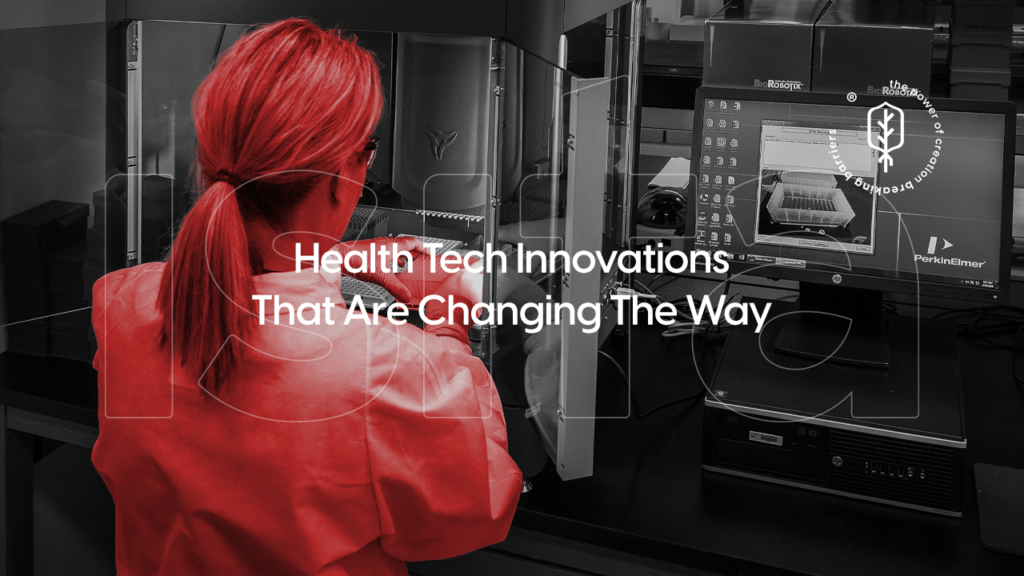The technological landscape of 2024 appears exciting and filled with disruptive innovations that will redefine how we interact with technology in our daily lives. Based on insights from experts and industry leaders, as well as current trends, it’s evident that three key areas will capture attention: the metaverse and the convergence of artificial intelligence (AI), the influence of AI on augmented reality (AR) and extended reality (XR) applications, and the democratization of AI processing in personal computing.
- 1. Metaverse and AI Convergence
- The metaverse, an expansive and social virtual reality, takes center stage in 2024. Mark Zuckerberg’s announcement about Meta’s vision has propelled this concept to the forefront of the tech industry. In 2023, Apple’s unveiling of the VisionPro headset marked a significant step toward realizing the metaverse. These devices, along with others in development, will pioneer defining how immersive technologies, whether VR, XR, or AR, will impact our lives.
- The convergence of AI and the metaverse will be highlighted this year. AI will become the backbone driving new and astonishing virtual applications. From enhancing interactivity to generating personalized virtual worlds based on user behavior, AI integration will power the metaverse experience in unprecedented ways.
- 2. AI in AR and XR Applications
- The integration of AI into AR and XR applications will mark another milestone in 2024. Currently, AI algorithms play a crucial role in virtual reality games, anticipating scenarios and actions. However, with the release of powerful XR headsets and the development of dedicated programs, AI is expected to further influence these new applications.
- Imagine looking at a building through AR glasses and receiving real-time information selected by AI. This will be just one example of how AI will transform how we interact with our environment through extended reality devices.
- 3. Democratization of AI Processing
- A key trend will be the decentralization of AI processing. Currently, much of the inference for large-scale language models (LLMs) is done in the cloud, requiring enormous processing power. However, technologies are being developed to bring some of this processing to personal devices.
- Intel’s vision for AI is groundbreaking. Their Core Ultra processor, with its Neural Processing Unit (NPU), will enable performing complex AI tasks on personal devices. This democratization of AI processing, where PCs will act as edge-based inference engines, will mark a significant shift in how AI is handled and processed at both individual and enterprise levels.
Final Thoughts However, while these technological innovations promise an exciting future, there is also concern about the role of AI in critical events, such as the 2024 United States presidential elections. AI’s ability to create deepfakes and generate misinformation could pose challenges in the political sphere.
In summary, 2024 will be a year when the metaverse, driven by AI, will transform our interaction with reality. The combination of AI and AR/XR promises to deliver more immersive and personalized experiences, while the decentralization of AI processing will bring advanced capabilities to personal devices. However, AI’s influence on critical events also raises ethical and security questions that must be addressed with caution and responsibility.



